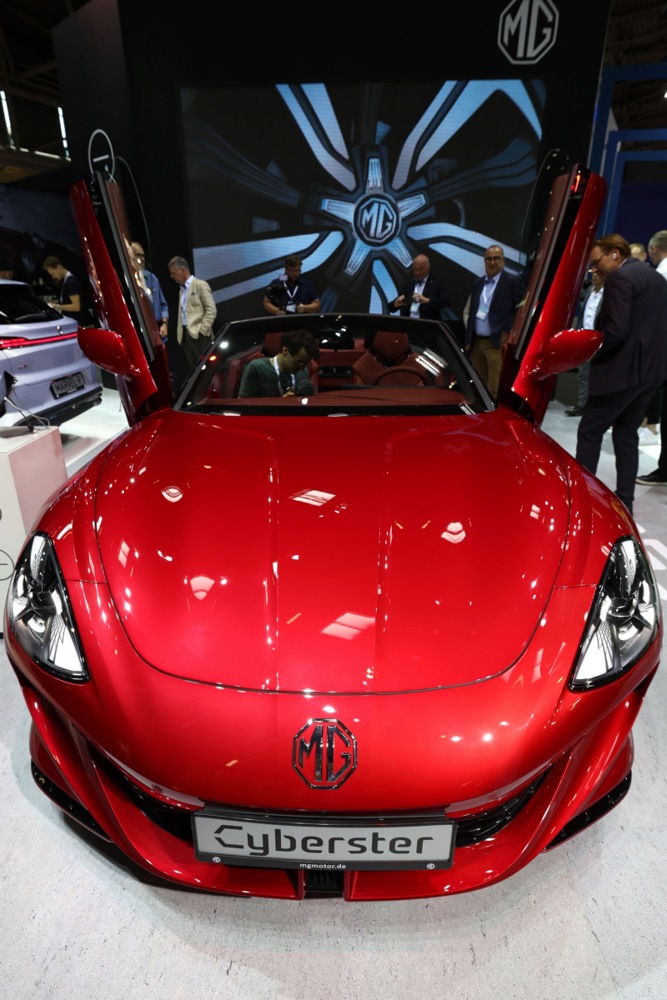Business Maverick
Sunak is too negative about electric cars, UK lords say

The UK’s House of Lords criticised Rishi Sunak’s messaging around electric vehicles, chiding the prime minister for underscoring how difficult cutting emissions will be rather than speaking to the benefits.
In a 128-page report calling on the government to do more to boost EV adoption, the upper house of the UK Parliament took issue with Sunak saying in September that achieving net zero “is going to be hard”. The prime minister announced then that Britons would still be able to buy new petrol and diesel cars and vans until 2035, five years later than his predecessor Boris Johnson suggested.
“The government must do more to convey a positive vision of the EV transition,” the report said. “By emphasising the costs while failing to stress the benefits and robustly counter misinformation, the government is not building public confidence.”
While the UK is making progress in rolling out EV charging infrastructure and is boosting its battery and car-manufacturing industry, it’s not moving fast enough, the House of Lords said. There aren’t enough affordable EV models on the market, and the government has missed targets to build more motorway charge points.
The report urged the government to restore EV incentives for private buyers, review planning regulations that are holding up infrastructure, and ensure that charging is reasonably priced and reliable. It also called on the government to develop a battery health standard to shore up the secondhand EV market.
The UK carmakers’ lobby group last month asked the government to halve the value-added tax consumers pay when purchasing an EV, after battery-electric vehicles’ share of the market flatlined last year.
















People don’t want more expensive Electric cars, can’t even sell them 2nd hand.